Entry Category: Education
Bates School House
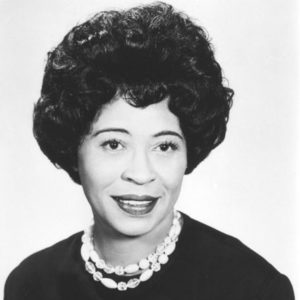 Daisy Bates
Daisy Bates
Bates, Daisy Lee Gatson
Beals, Melba Pattillo
Beauvoir College
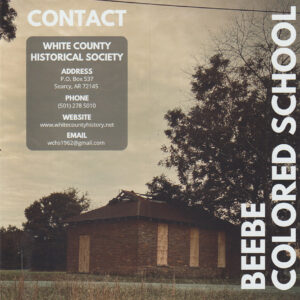 Beebe Colored School Brochure
Beebe Colored School Brochure
Beebe Colored School
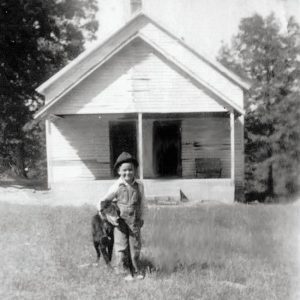 Bell Grove School
Bell Grove School
Bell, Clarence Elmo
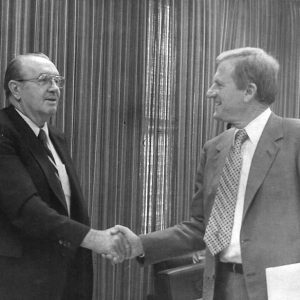 Clarence Bell and Frank Broyles
Clarence Bell and Frank Broyles
 Belleville School
Belleville School
Bennett, Henry Garland
Benson, George Stuart
Bentley, Edwin
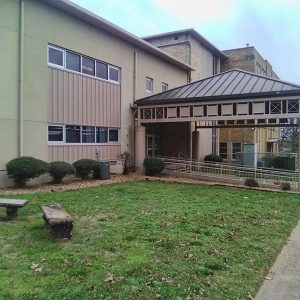 Benton Campus
Benton Campus
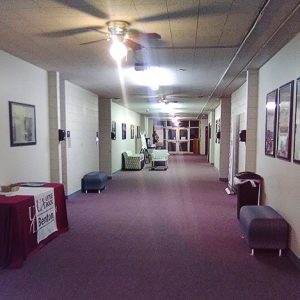 Benton Campus Interior
Benton Campus Interior
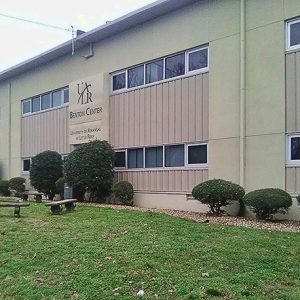 Benton Center
Benton Center
Bentonville College
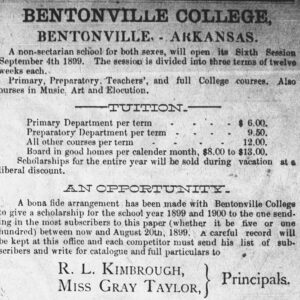 Bentonville College Ad
Bentonville College Ad
Bentonville Schools, Desegregation of
Berry, Daisilee Hutchins
Billingsley, Edward Baxter
Black River Technical College
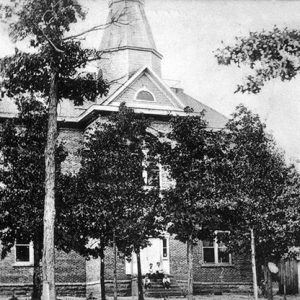 Black Rock School
Black Rock School
Blair, Diane Frances Divers Kincaid
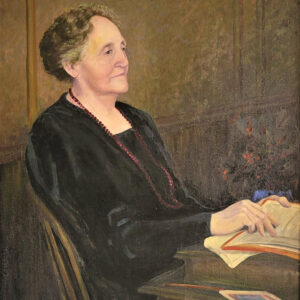 Estelle McMillan Blake
Estelle McMillan Blake
Blake, Estelle McMillan
Blossom, Virgil Tracy
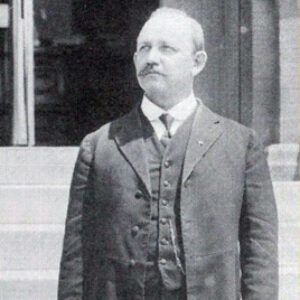 Benjamin Bogard
Benjamin Bogard
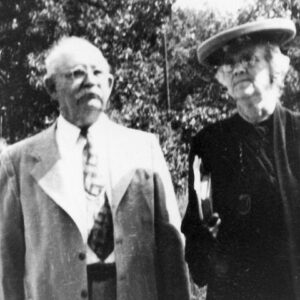 Benjamin Bogard
Benjamin Bogard
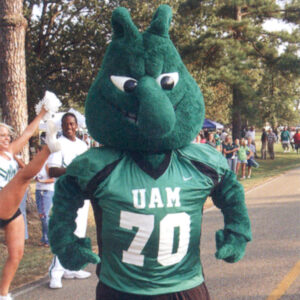 Boll Weevil Mascot
Boll Weevil Mascot
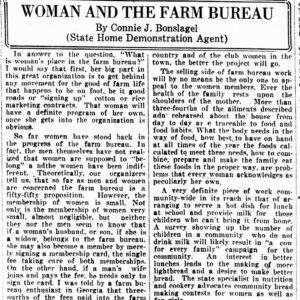 Connie Bonslagel Editorial
Connie Bonslagel Editorial
 Connie Bonslagel Article
Connie Bonslagel Article
Bonslagel, Constance Josephine (Connie)
Booker T. Washington High School (Jonesboro)
Booker, Joseph Albert
Bosmyer, Peggy Sue
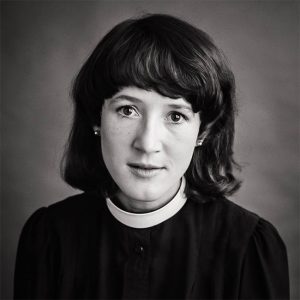 Peggy Sue Bosmyer
Peggy Sue Bosmyer
Boswell School
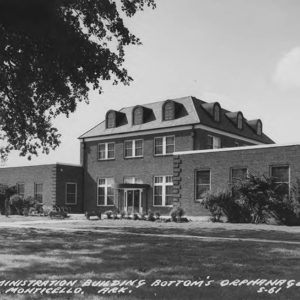 Bottom's Orphange
Bottom's Orphange
 Boys and Girls State
Boys and Girls State
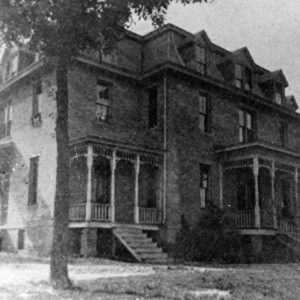 Boys Dormitory
Boys Dormitory
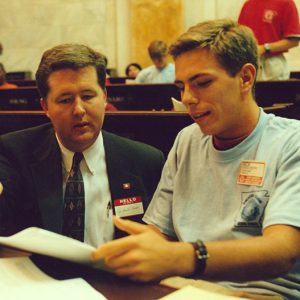 Boys State Delegate
Boys State Delegate
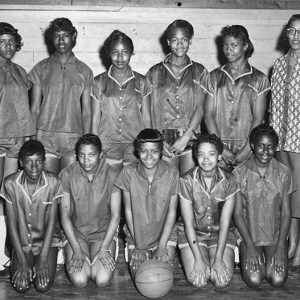 Branch High Girls Basketball Team
Branch High Girls Basketball Team
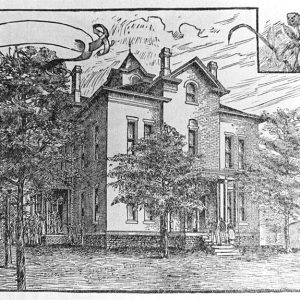 Branch Normal College
Branch Normal College
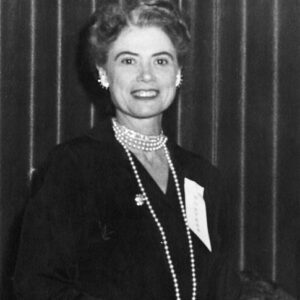 Vivion Brewer
Vivion Brewer
Brewer, Vivion Mercer Lenon
Breysacher, Augustus Louis
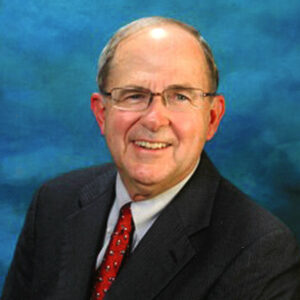 Howard W. Brill
Howard W. Brill




